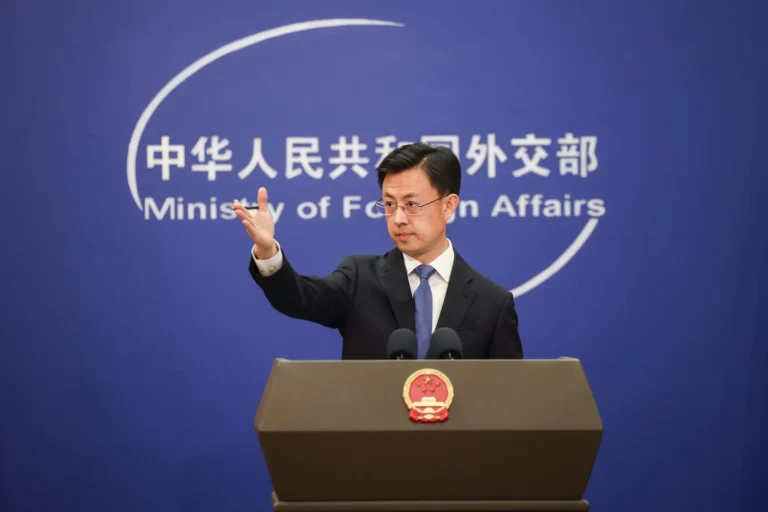In a pointed response to recent accusations from the commander of U.S. Southern Command, Chinese Foreign Ministry spokesperson Guo Jiakun rejected claims that China is “infiltrating and plundering resources” in Latin America and the Caribbean.
Guo stated unequivocally that the region “is no one’s backyard,” and urged Washington to respect the sovereign choices of Latin American nations.
Guo emphasized that countries in Latin America and the Caribbean “have the right to independently choose their own paths of development and their partners.”
He dismissed the U.S. allegations as “statements that contradict the facts and recycle outdated rhetoric,” accusing certain U.S. officials of clinging to a Cold War mindset rooted in confrontation.
Contrasting with what he described as U.S. hegemonic behavior, Guo highlighted China’s longstanding principles of mutual respect, equality, openness, and win-win cooperation.
He asserted that China–Latin America partnerships “meet the needs of both sides, serve their common interests, and have effectively promoted local economic and social development,” earning genuine approval from governments and citizens across the region.
The remarks come amid rising geopolitical tensions, including a U.S. military buildup in the Caribbean and efforts to link Venezuelan President Nicolás Maduro to drug trafficking. Critics warn that these actions threaten the 2014 declaration of Latin America and the Caribbean as a Zone of Peace, and may serve as a pretext for hybrid warfare and armed aggression.
China’s statement joins a broader wave of international condemnation. Leaders from Russia, Iran, ALBA-TCP member states, and global civil society organizations have expressed solidarity with Venezuela and reaffirmed their support for the region’s peaceful development, rejecting U.S. interventionist tactics.


